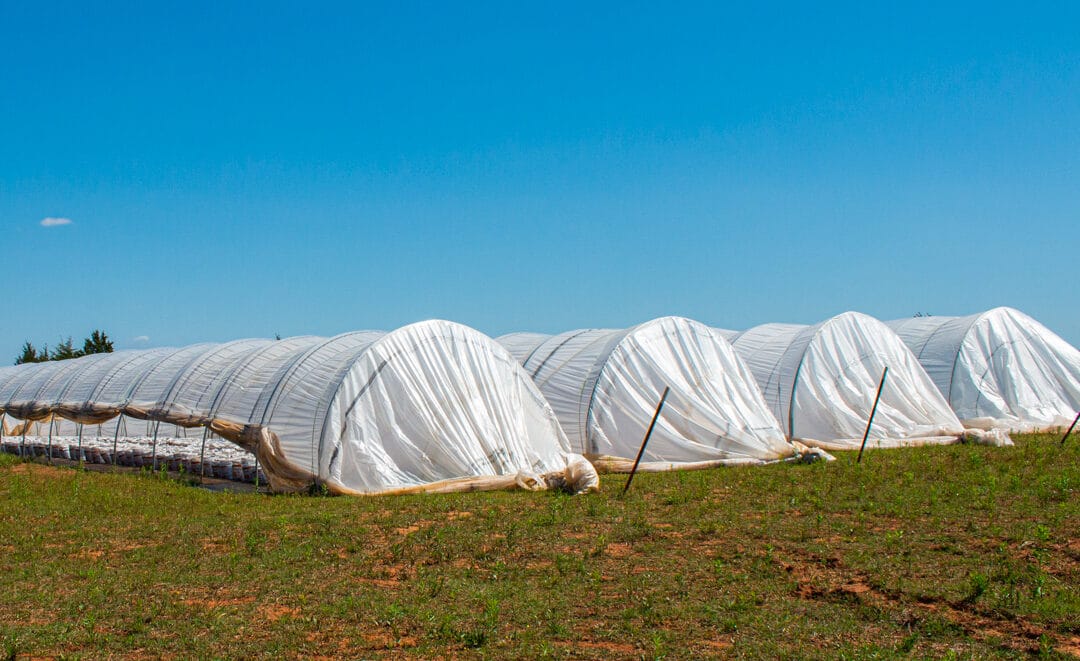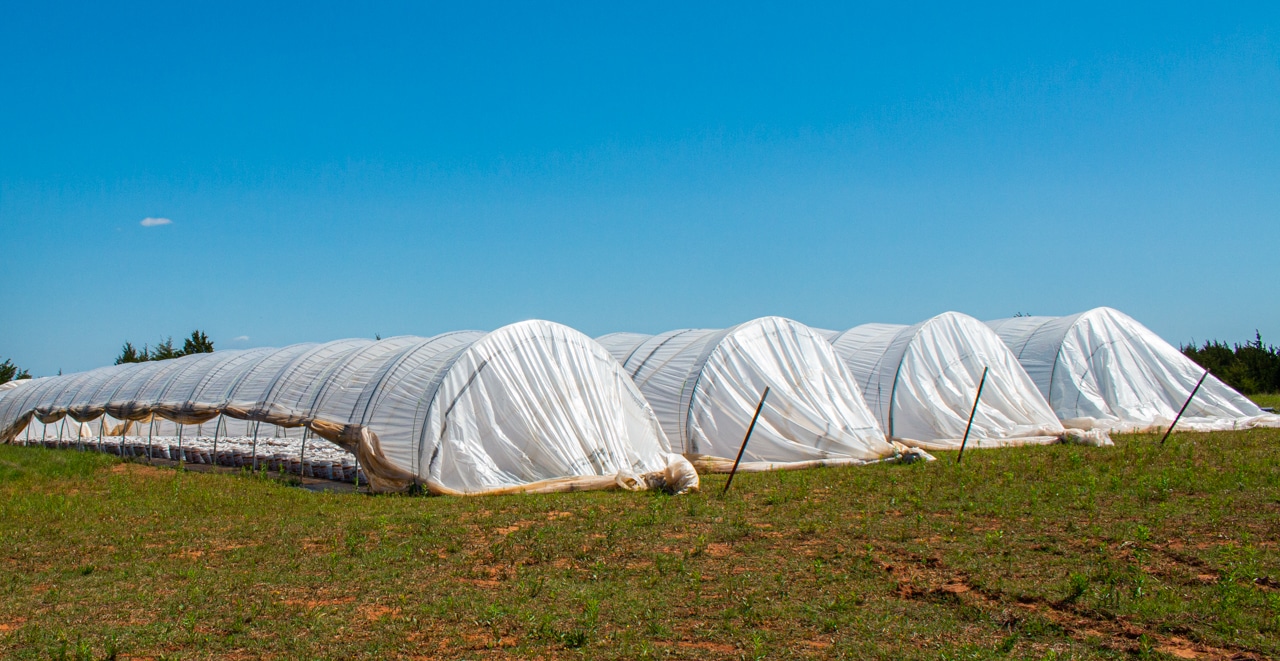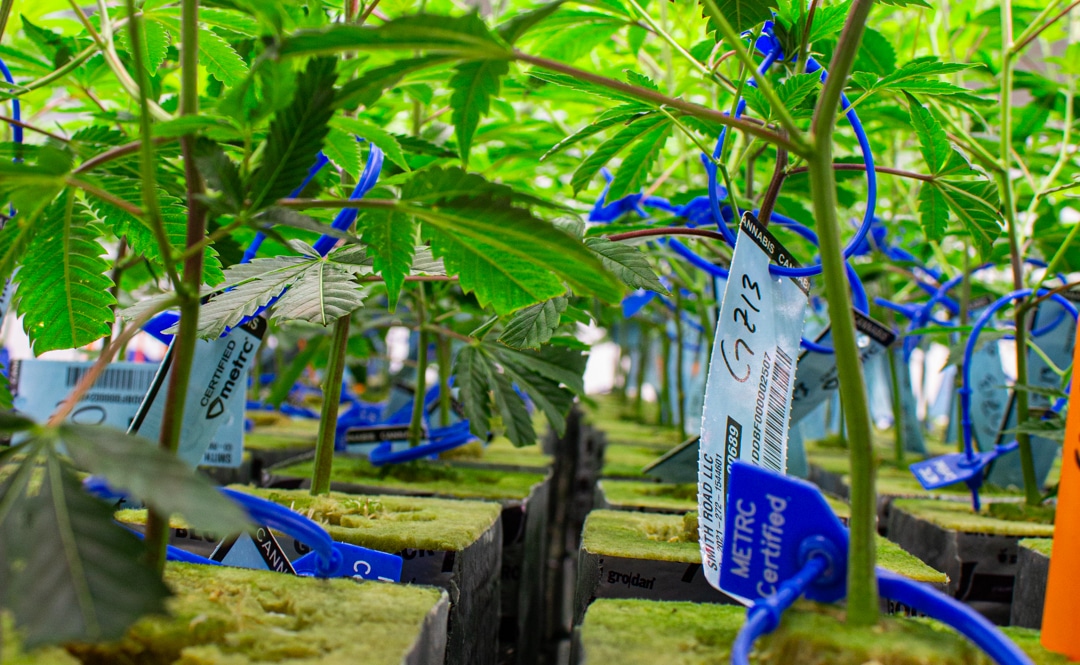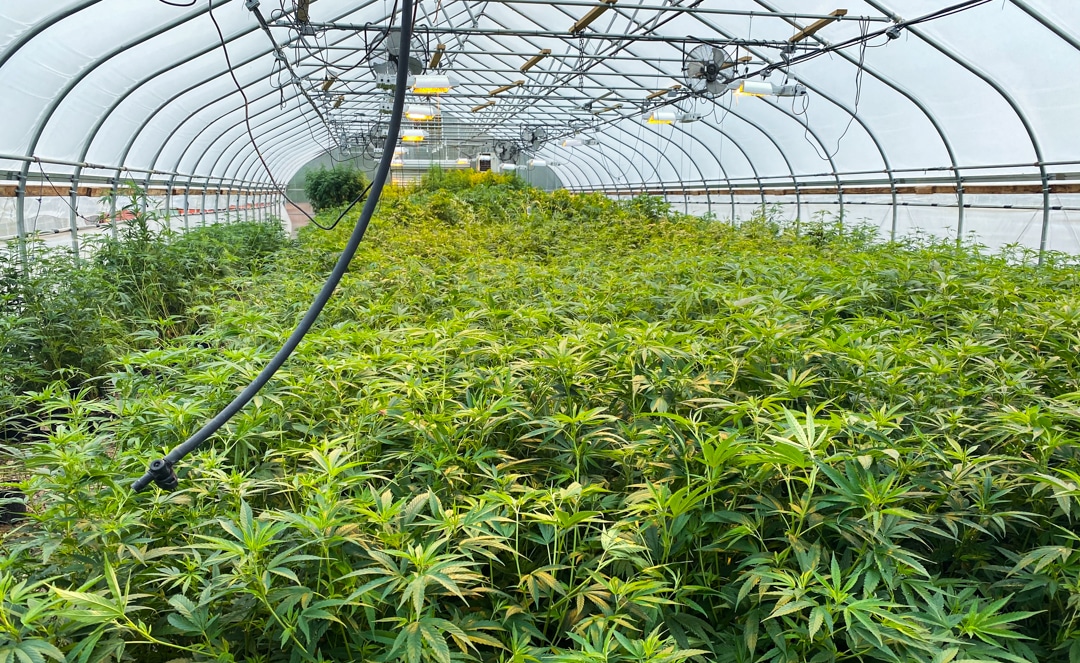
Legal gray area leaves potential Missouri cannabis growers in limbo

NORTH MISSISSIPPI (WMC) – It’s been well over a month since the Mississippi Medical Cannabis Act was signed into law. However, potential cannabis growers in Mississippi are hesitant on how to proceed in growing their product.
Ambiguity in the signed legislation doesn’t specify if greenhouses are considered indoor or outdoor grow.
The difference is outdoor grow is strictly prohibited under the law.
“We fought so hard for these last two years, over two years, to get something passed,” said Zack Wilson with We are the 74. “Here we are, we have something passed, and now it’s another set of hurdles.”
Wilson, a resident of Byhalia, has been planning on building greenhouses for months, already setting up the framework for one on his property.
He’s put a pause on that after seeing greenhouses are not officially defined in the law.
You don’t have to look far in the 445-page bill.
On page 2, the bill reads “Cannabis cultivation facility” means a business entity licensed and registered by the Mississippi Department of Health that acquires, grows, cultivates and harvests medical cannabis in an indoor, enclosed, locked and secure area.
Wilson said in his conversations with his local legislators, the feeling is greenhouses do not offer the same level of security as a brick and mortar structure.
Wilson disagrees.
“A greenhouse is totally enclosed, so as far as I’m concerned that is indoor,” Wilson said. “Locked? There are doors. There’s a lock on it, just like any other building. A secure area? That means we put it inside a fence. Myself, personally, I’m in the middle of 200 acres. If somebody were to find my stuff, they would have to fly over it to find it.”
“It leaves everybody in limbo that’s actually going to do a greenhouse grow,” said Todd Franklin, owner of Franklin Farms.
Franklin built two greenhouses, 3,000 sq. ft. and 1,800 sq. ft. in 2021 before the original Initiative 65, the cannabis program Mississippians voted on in the 2020 elections, was overturned by the state Supreme Court.
He was ready to build more but has also paused construction due to the uncertainty of if greenhouses would be considered indoor grow.
“If you call the department of health, they tell you to go to their website. You click on their website and there’s nothing there,” Franklin said.
In our attempts to find some clarity from the Mississippi Department of Health, asking if greenhouses are considered indoor or outdoor grow, we were told the department doesn’t have an answer for us at this time.
“It is important to remember that beyond determining what is indoor growing – the same indoor security measures would apply. While the program is in development, I encourage you to visit or website and read the bill for answers,” an MSDH spokesperson said.
“Greenhouses are pretty much the industry standard. Why would we want to pull more from our power grid when we have mother nature above us,” Wilson said, gesturing up to the sun.
Both Wilson and Franklin said they would have 24/7 security systems on their properties once growing began.
Franklin doesn’t want to be caught behind the curve.












